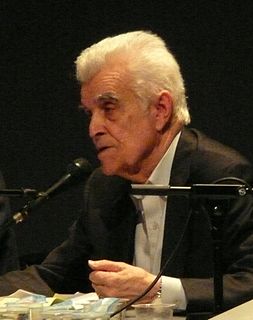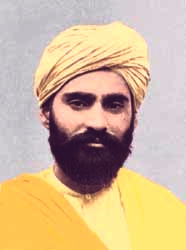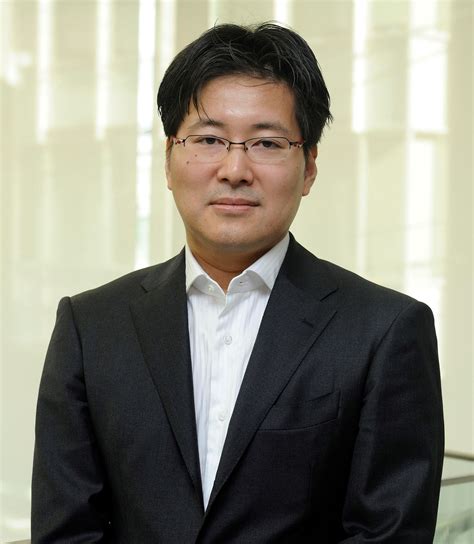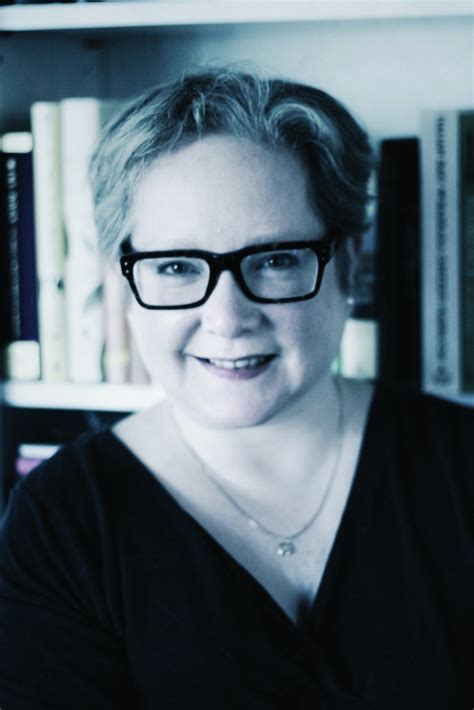A Quote by Marcel Proust
Our desires cut across one another, and in this confused existence it is rare for happiness to coincide with the desire that clamoured for it.
Related Quotes
Are not our desires inseparably intertwined with the continuation of life? Even the idea of eliminating desire is fruitless. The desire to eliminate all desire is still itself a desire. How can we find release and peace by replacing one desire with another? Surely we shall find peace not by eliminating desire, but by finding its fulfillment and satisfaction in the One who created it.
Increase and widen your desires till nothing but reality can fulfill them. It is not desire that is wrong, but its narrowness and smallness. Desire is devotion. By all means be devoted to the real, the infinite, the eternal heart of being. Transform desire into love. All you want is to be happy. All your desires, whatever they may be are expressions of your longing for happiness.
Buddha says this is how one should be - no desire, because all desires are futile. They are about the future; life is in the present. All desires distract you from the present, all desires distract you from life, all desires are destructive of life, all desires are postponements of life. Life is now and the desire takes you away, farther and farther away from now. And when we see that our life is misery we go on throwing the responsibility on others, and nobody is responsible except us.
Meditative state is the highest state of existence. So long as there is desire, no real happiness can come. It is only the contemplative, witness-like study of objects that brings to us real enjoyment and happiness. The animal has its happiness in the senses, the man in his intellect, and the god in spiritual contemplation. It is only to the soul that has attained to this contemplative state that the world really becomes beautiful. To him who desires nothing, and does not mix himself up with them, the manifold changes of nature are one panorama of beauty and sublimity.
True prayer is only another name for the love of God. Its excellence does not consist in the multitude of our words; for our Father knoweth what things we have need of before we ask Him. The true prayer is that of the heart, and the heart prays only for what it desires. To pray, then is to desire -- but to desire what God would have us desire. He who asks what he does not from the bottom of his heart desire, is mistaken in thinking that he prays.
And yes, there definitely are many good desires. For example, without the desire for food we would not stay alive. It is when our desire becomes an unquenchable craving or obsession, or causes us to do harm to ourselves or others, that it creates suffering and unhappiness. If you have ever been hurt because you tied your happiness or well-being to a person, place, opinion, self-identity, behavior, or goal, then you have firsthand experience of desire.
Life seems to be a process of replacing one anxiety with another and substituting one desire for another--which is not to say that we should never strive to overcome any of our anxieties or fulfil any of our desires, but rather to suggest that we should perhaps build into our strivings an awareness of the way our goals promise us a respite and a resolution that they cannot, by definition, deliver.
Christ can be trusted to keep His Word that He will exchange our drab existence for joyous living, abundant life! And while true love, total acceptance, and complete security are rare in our frantic world, the biblical evidence that our desires in these areas will be fulfilled in Christ is abundant.
James says, "You desire and do not have; so you kill" (Jas. 4:2). We kill marriages and we kill unborn babies because they cut across our desires; they stand in the way of our unencumbered self-enhancement. And we live in a culture where self-enhancement and self-advancement is god. And if self-enhancement is god, then the One who is at work in the womb shaping a person in His own image is not God and the assault on His work is not sacrilegious, but obedience to the god of self.
And happiness...Well, after all, desires torment us, don't they? And, clearly, happiness is when there are no more desires, not one...What a mistake, what ridiculous prejudice it's been to have marked happiness always with a plus sign. Absolute happiness should, of course, carry a minus sign — the divine minus.






































